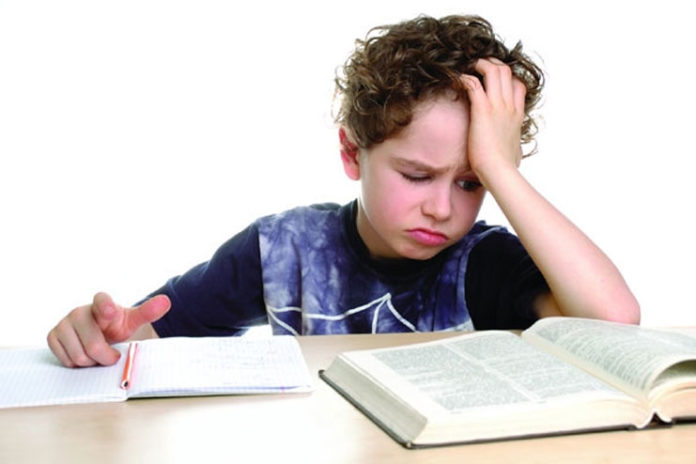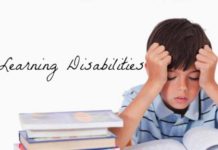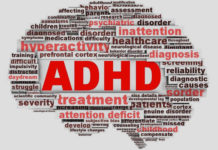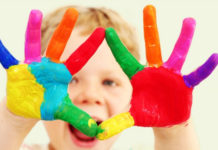A learning disability is a widespread problem that affects children in receiving and processing information. Learning disabilities symptoms in children are sometimes unidentified and can cause delay in speech, understanding commands and simple mathematical tools. Many children have problems in cognitive aspects and delayed learning and retention makes them restrained and left out. These children often fail to use certain skills properly.
Some common skills affected by learning disabilities include:
1- Reading
2- Writing
3- Listening
4- Speaking
5- Mathematical operations
6- Reasoning
Learning disabilities symptoms in children include:
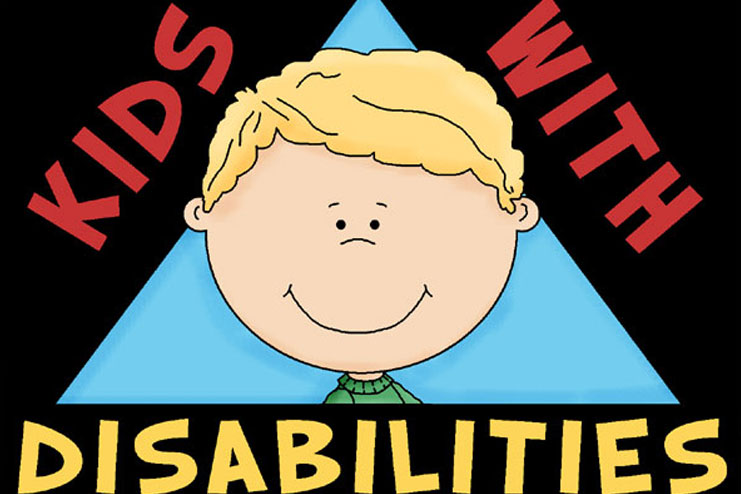 1. Difficulty in reading or writing
1. Difficulty in reading or writing
2. Trouble in understanding and following multiple directions
3. Problems in solving mathematical questions
4. Poor memory and remembrance
5. Deviating attention, and not able to concentrate for long
6. Unorganized habits, also not able to arrange in order
7. Unable to understand time and happening of an event
8. May not be able to learn alphabets, rhyme words or associate sounds with phonics
9. May not understand most of what is read
10. May not be able to read aloud properly
11. May have major rouble with spellings and grammar
12. May not be able to write or hold pencil properly
13. May not understand difference between letters and their mirror images
14. May have limited vocabulary and often confuse with similar sounding words
15. May jumble up the words often
16. Delay in speech
17. May not catch a joke or follow humor
18. May mispronounce words again and again
19. May to be able to explain what they want
20. May find story telling very difficult, and never be able to remember same story even after listening or reading multiple times
21. May not be able to follow step by step commands
22. In a statement, they may not remember what came first and what followed.
23. May get easily distracted and stay confused all the time
24. Inappropriate responses
25. Difficulty listening and understanding
26. Problems in understanding new lessons
27. May not be able to say what they feel, in right way
28. May hide from people or situations
29. May be irritated all the time
30. May lose desire to participate or take chance
[Also Read: Summer Camp Safety tips for Kids]
Types of Learning Disabilities:
- Dyslexia:
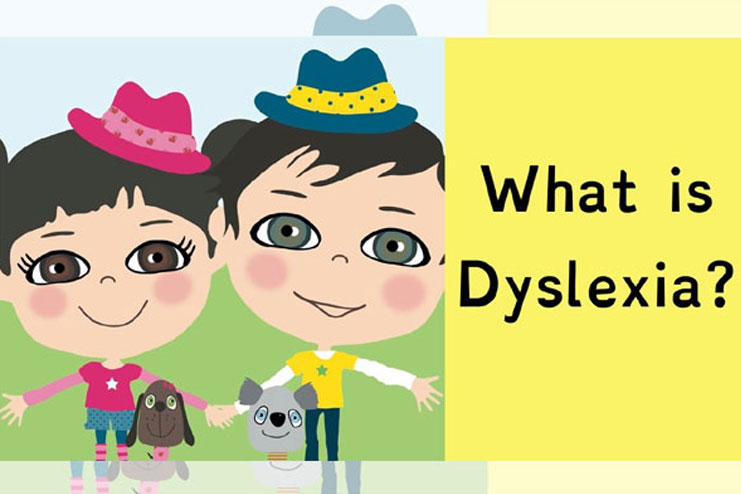 Difficulty in reading or interpreting numbers. Generally they have delayed fluency and accuracy in spellings or words. Dyslexia impacts math, language and writing. It may last years and may even be un-identified for most of those years. It is a difficulty in brains processing of graphics. And often confused as stubbornness of a child. Children often fail to express what they feel
Difficulty in reading or interpreting numbers. Generally they have delayed fluency and accuracy in spellings or words. Dyslexia impacts math, language and writing. It may last years and may even be un-identified for most of those years. It is a difficulty in brains processing of graphics. And often confused as stubbornness of a child. Children often fail to express what they feel
- Dyspraxia:
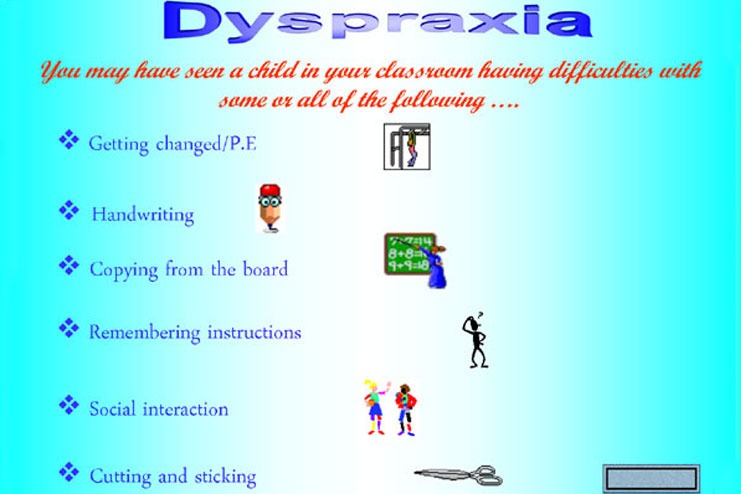 It affects the motor skill development in a child. It is a brain related disorder where there is difficulty in coordination and control. Both fine and gross motor skills are affected and children may not be able to balance, hold of coordinate.
It affects the motor skill development in a child. It is a brain related disorder where there is difficulty in coordination and control. Both fine and gross motor skills are affected and children may not be able to balance, hold of coordinate.
- Dysgraphia:
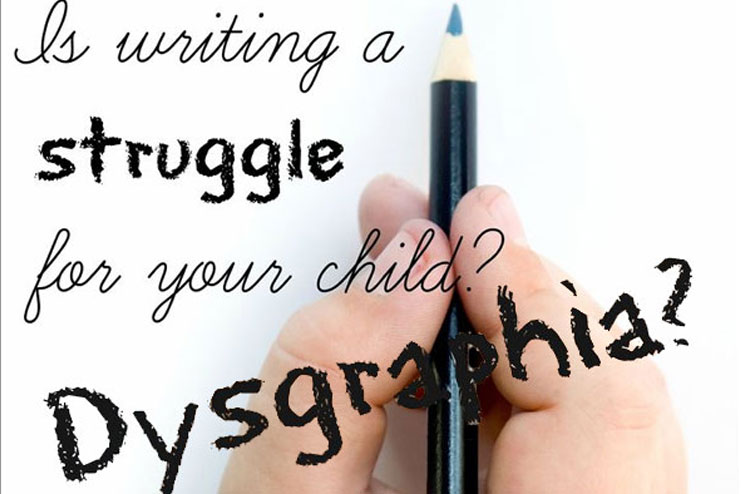 Poorly developed writing abilities. This results in bad handwriting, difficulty in writing and trouble with spelling
Poorly developed writing abilities. This results in bad handwriting, difficulty in writing and trouble with spelling
- Dyscalculia:
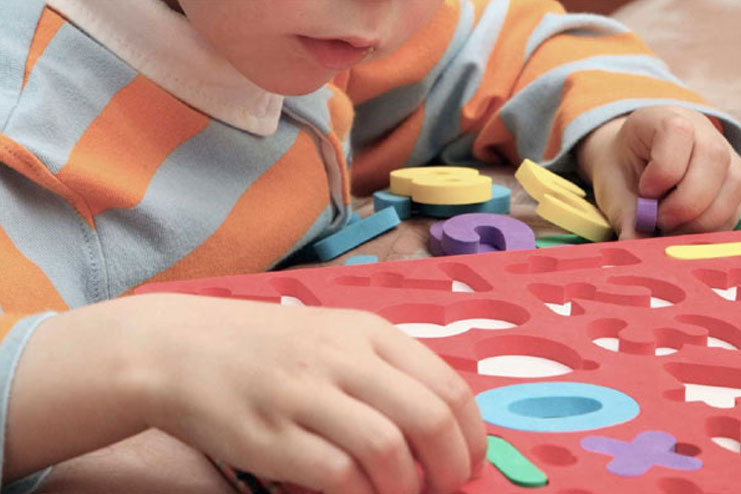 This is a disorder of mathematical operations. The child is unable to do math problems
This is a disorder of mathematical operations. The child is unable to do math problems
- Central Auditory processing disorder:
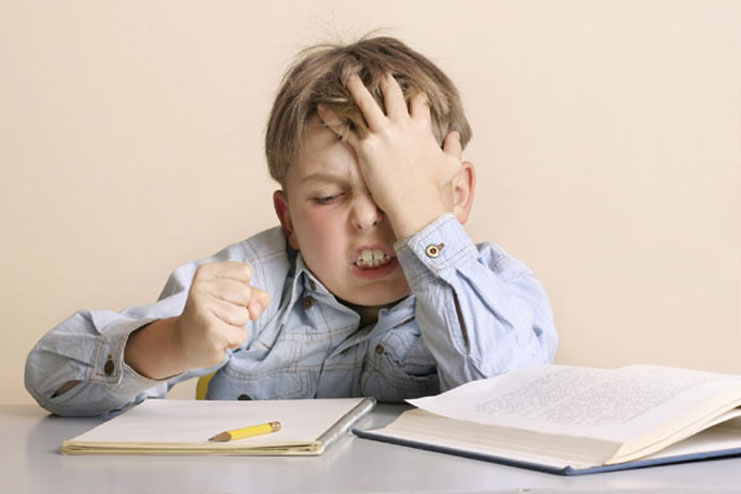 Disorder of brain processing of auditory information. These children do not process in the same way as their listening does not coordinate with a brain. They have difficulty is learning, reading, following commands, and remembering or telling what they have heard
Disorder of brain processing of auditory information. These children do not process in the same way as their listening does not coordinate with a brain. They have difficulty is learning, reading, following commands, and remembering or telling what they have heard
- Visual processing disorder:
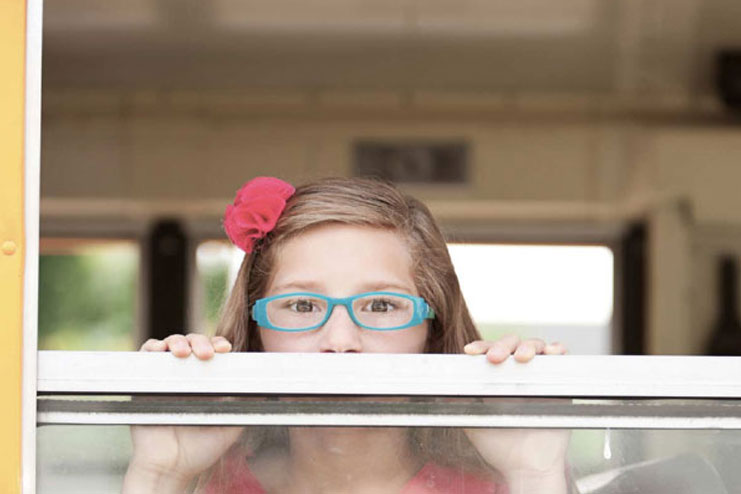 Troubled hand-eye coordination. These children may have a problem in differentiating between two different objects.
Troubled hand-eye coordination. These children may have a problem in differentiating between two different objects.
[Also Read: Dealing with children’s behavior]
Early detection of these learning disabilities is very important to provide treatment and care to the child. These disorders if untreated may cause severe social and intellectual repercussions in children. It is there important to check all the milestones in child’s development. Also consult the pediatrician for any delay or issues. There are various programs designed for special care to such children. A little effort in teaching and therapy can make these children become normal and fine. Some tips on treating children with learning disabilities are:
- Keep appreciating the child for every bit of progress she shows
- Make her a part of more practical life work like household chores and routine stuff
- Identify interests of your child and make her take it ahead, some children may like colors or music or art. Let these hobbies help in combating learning disabilities
- Pay close attention to the progress
- Give more and more time to your child
- Plan therapy and special classes for children and try to be a art there in too
- Keep sharing with teachers and health care provider for more insights into how your child is progressing and the areas to be worked upon
- Be guide and inspiration for your child. Make learning a fun filled activity
- Have patience as the child is in more pain, of not being able to perform as other kids
- Instill healthy habits in your child
- Never make fun of the child
- Never discuss the special needs of your child when she is around
[Also Read: Summer Reading Camps]
Learning disabilities symptoms in children and how to treat them, is a very important compilation. Be sure to share it further. This is for building awareness and helping children enjoy a healthy and stimulating childhood. For every child is special and deserves utmost care.
For special needs summer camp and other updates do check our latest listings at camp navigator.com
By Minu Manisha

